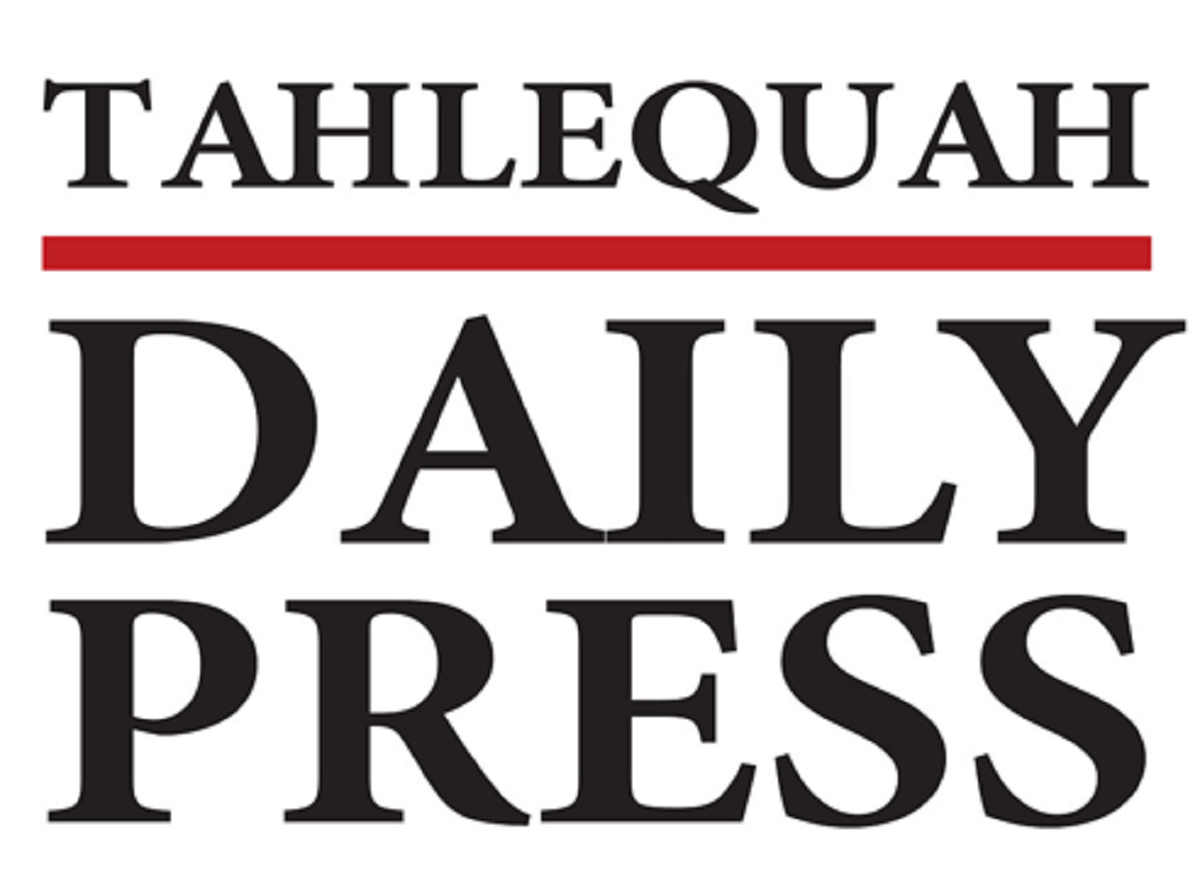Tribe sues Trump HHS for tampering with ICWA on data in foster care cases
In
2016, HHS changed it rules to mandate reporting of how child welfare
agencies track American Indian children and included data related to the
ICWA. The rule also required reporting the voluntary disclosure of the
sexual orientation of foster youth ages 14 and older, and of foster and
adoptive parents and legal guardians.
The plaintiffs argue President Donald Trump’s administration and the ACF violated the Administrative Procedure Act by revoking the 2016 rule. The group believes the data would assist welfare agencies and organizations serving foster children, and avoid bad outcomes for children and youth.
The plaintiffs argue President Donald Trump’s administration and the ACF violated the Administrative Procedure Act by revoking the 2016 rule. The group believes the data would assist welfare agencies and organizations serving foster children, and avoid bad outcomes for children and youth.

























